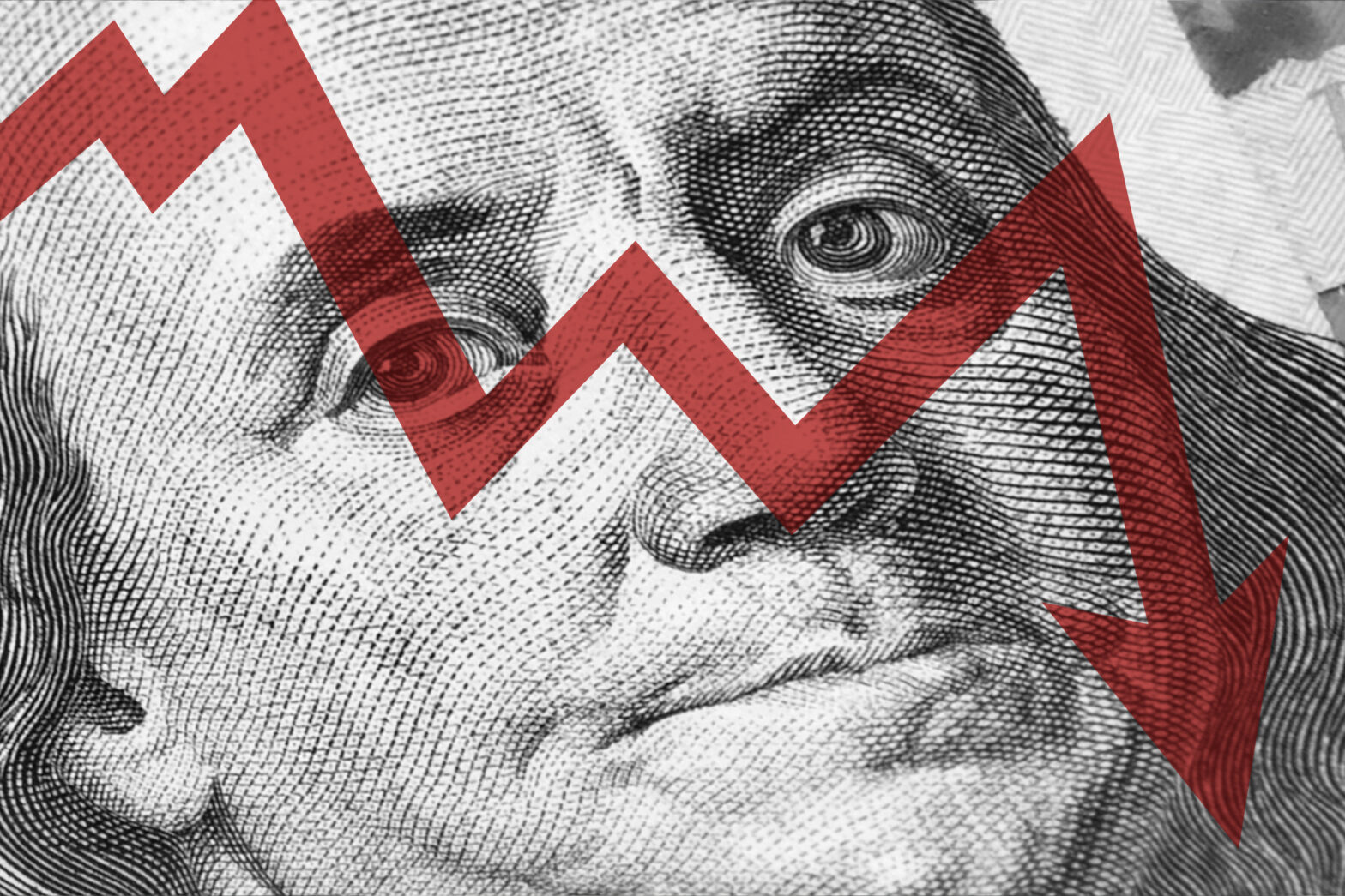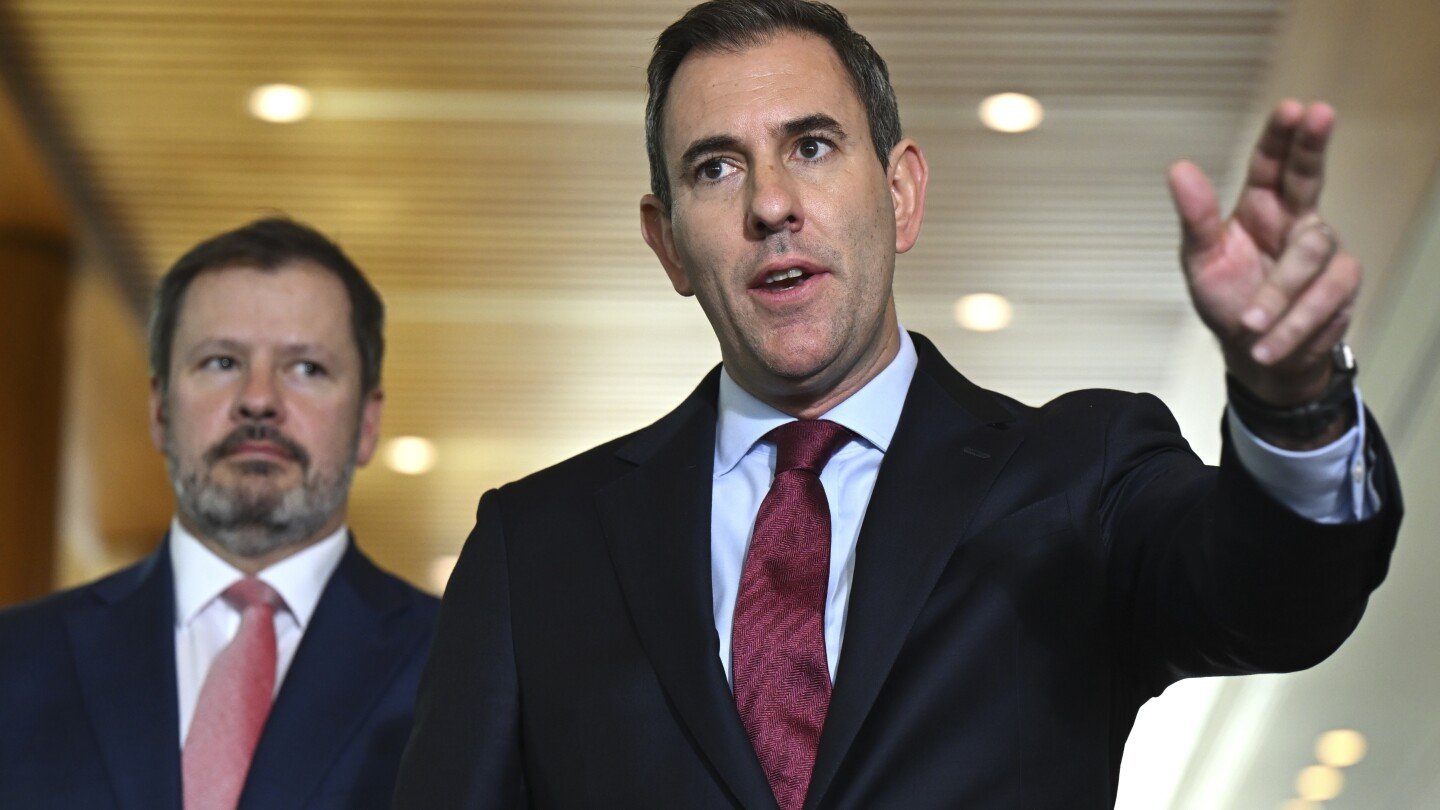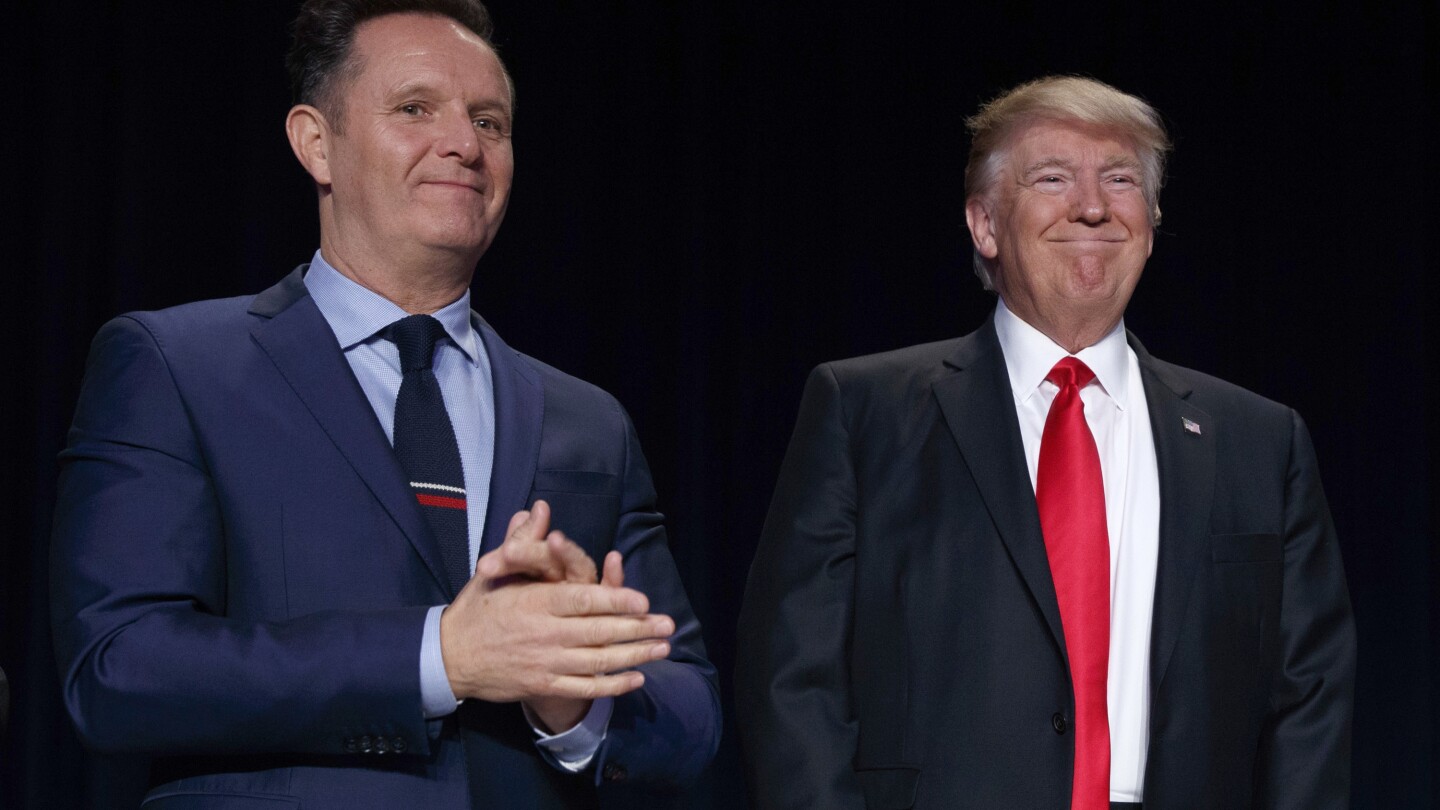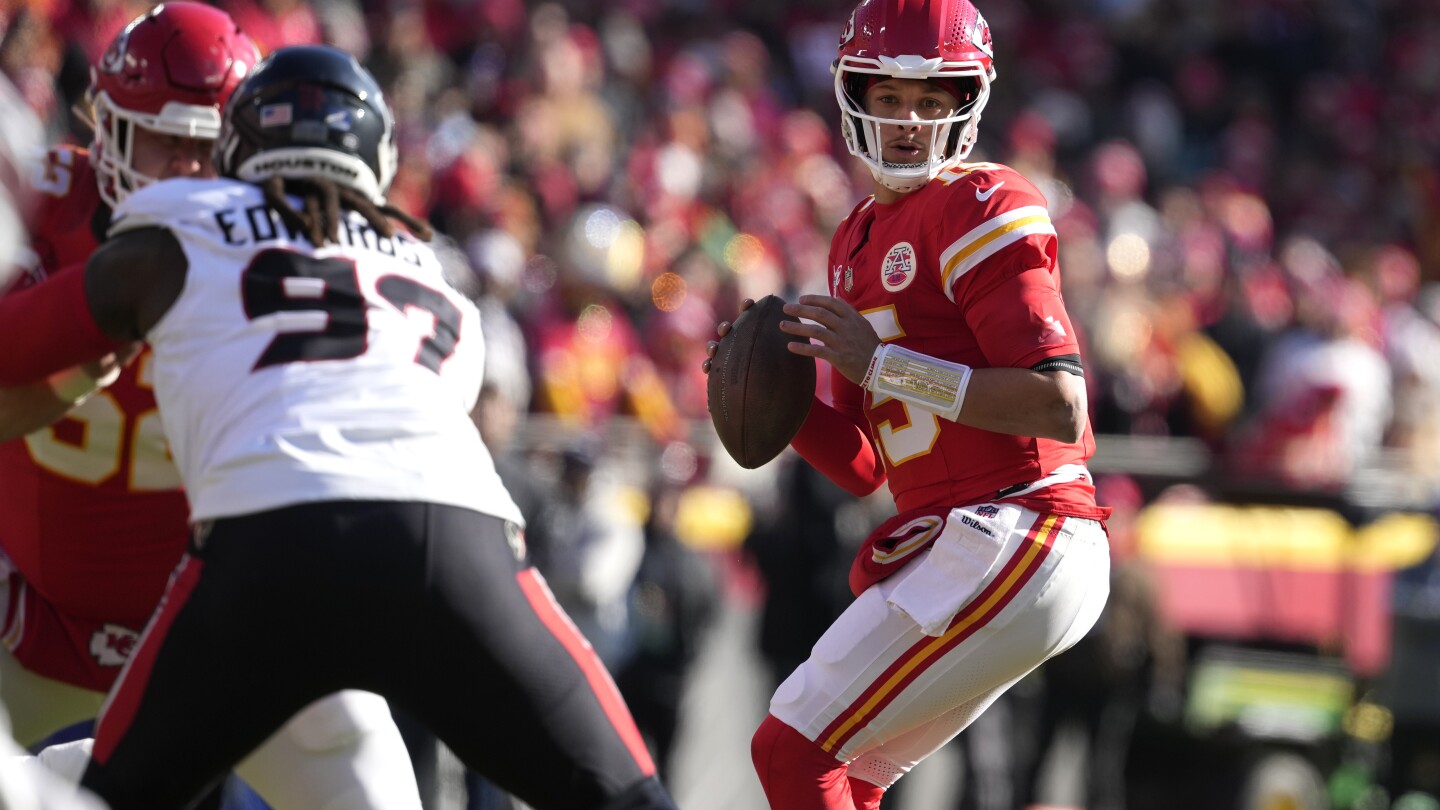Tuesday, UBS assumed coverage on Southwest Airlines Co. (NYSE:) with a Sell rating and a price target of $27.00. The firm expressed a bearish stance on the airline, citing several concerns that could potentially hinder the company’s financial performance in the coming years.
The analyst outlined three primary risks to Southwest’s future earnings. First, there is a perceived downside risk to the forward estimates for the years 2025 and 2026. Secondly, significant execution risk is associated with the airline’s strategic initiatives. Lastly, the high valuation of Southwest’s shares is seen as leaving little room for error.
Despite some market optimism that Southwest’s earnings may have reached their lowest point and that strategic initiatives will quickly enhance margin performance, UBS remains cautious. The firm suggests that the improvement in margins is likely to occur more gradually than many expect.
This cautious approach is reflected in UBS’s earnings per share (EPS) estimates for Southwest, which are approximately 15% below the consensus for 2025 and 2026. The price target of $27.00 is based on applying the average price-to-earnings (P/E) ratio of 14 times to the firm’s estimated EPS for 2026. According to this analysis, there is a potential downside of 15% for Southwest’s stock.
In other recent news, Southwest Airlines reported record operating revenues of nearly $7 billion in Q3 2024. The company has also made significant changes to its offerings, including a new onboard experience with assigned seating and extra legroom, expected to boost revenue through 2027. However, Goldman Sachs resumed coverage of Southwest with a Sell rating, citing execution risks and the current product lineup’s inability to meet increasing premium demand.
In terms of leadership, Rakesh Gangwal was appointed the independent chairperson of the board, a move resulting from an agreement with Elliott Investment Management. This led to the integration of five of Elliott’s nominees into Southwest’s board, including Gregg Saretsky as the finance committee chair.
Meanwhile, analyst firms BofA Securities, Citi, and TD Cowen have resumed or maintained coverage on Southwest with Neutral or Hold ratings, adjusting their earnings per share estimates for the company. Lastly, Southwest terminated its common stock purchase rights, a development disclosed in a recent 8-K filing with the Securities and Exchange Commission.
InvestingPro Insights
While UBS has taken a bearish stance on Southwest Airlines (NYSE:LUV), recent InvestingPro data and tips offer a more nuanced perspective. Despite the challenges highlighted by UBS, InvestingPro Tips reveal that Southwest holds more cash than debt on its balance sheet, suggesting financial stability. This could provide a buffer against the execution risks associated with the airline’s strategic initiatives.
Furthermore, InvestingPro data shows that Southwest’s revenue grew by 7.61% over the last twelve months, reaching $27.38 billion. This growth, coupled with the fact that 6 analysts have revised their earnings upwards for the upcoming period, indicates potential for improved financial performance.
However, it’s important to note that Southwest’s P/E ratio (adjusted) stands at 43.36, which aligns with UBS’s concern about high valuation. This high multiple suggests investors are pricing in significant future growth, leaving little room for error as UBS pointed out.
Interestingly, while UBS projects a downside, InvestingPro’s Fair Value estimate for Southwest is $35.22, higher than the current trading price. This discrepancy highlights the varying perspectives on the airline’s future prospects.
For investors seeking a more comprehensive analysis, InvestingPro offers 8 additional tips for Southwest Airlines, providing a broader context for investment decisions in this complex sector.
This article was generated with the support of AI and reviewed by an editor. For more information see our T&C.





